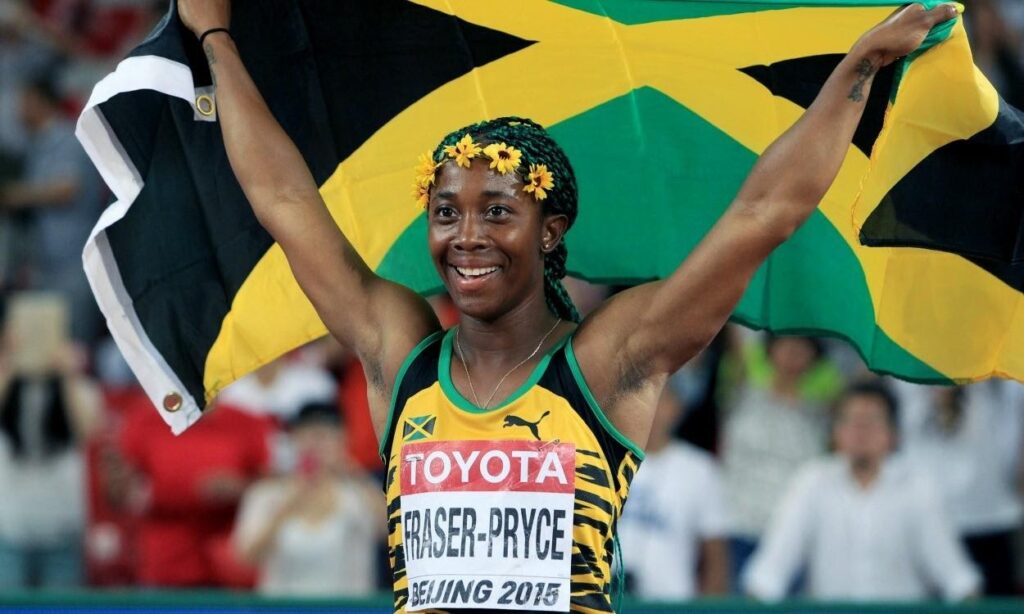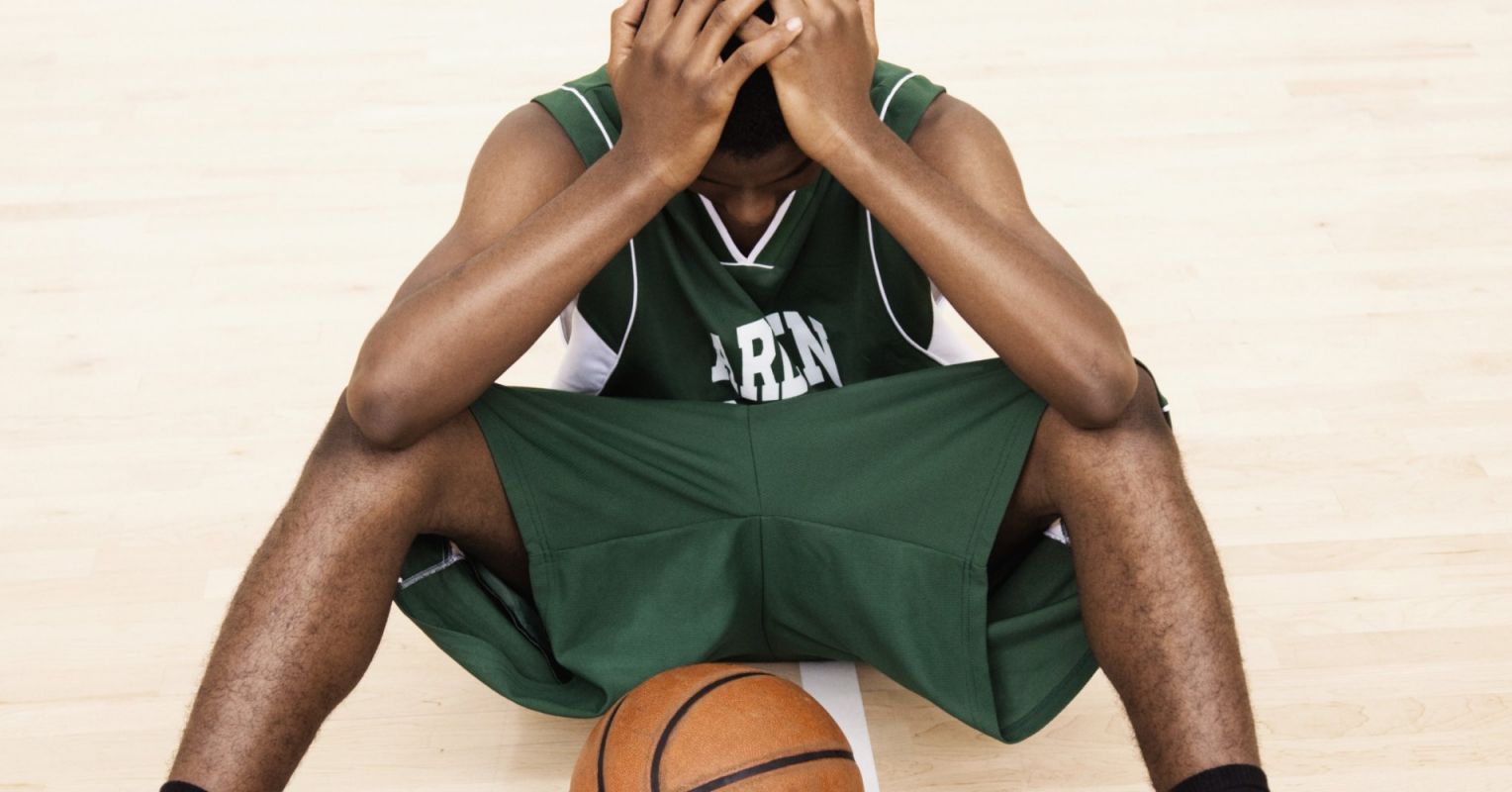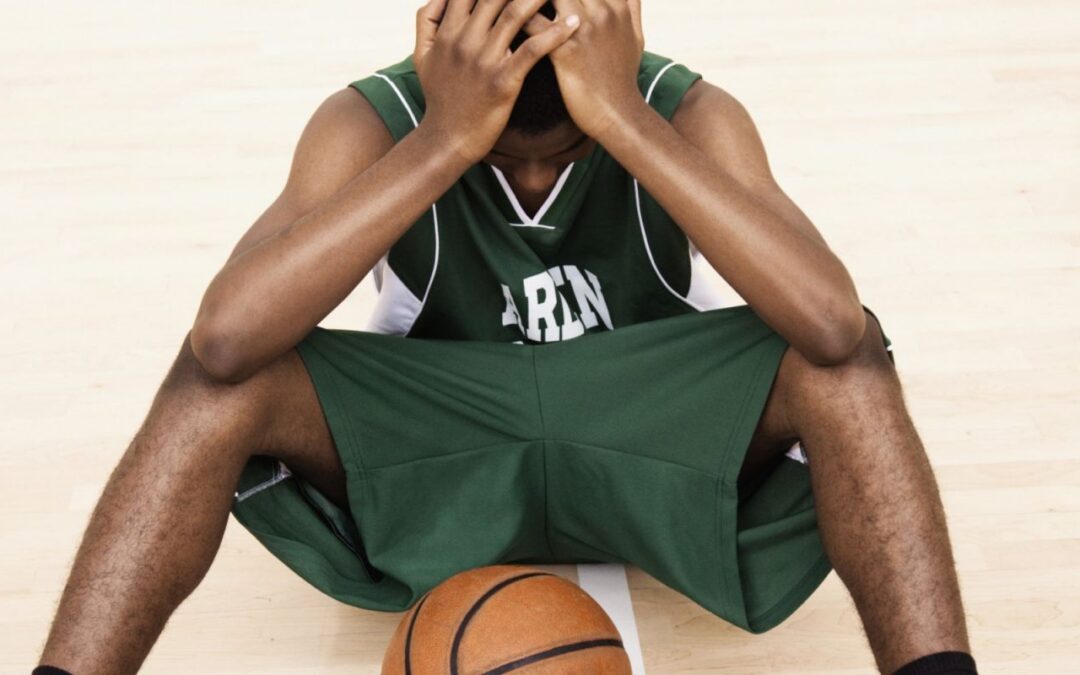As we marvel in the glory of “365 days, 365 opportunities”, a more realistic approach would be considering the monumentally overlooked global sporting issues of 2021 that can be built upon this year.
Admittedly, the pandemic has forced us to “do less” and “be more”, whether it is being in the present or being in reverence of who we are, rather than what we do. As a direct result, beyond the sporting arena we are recognizing that the pace at which we push ourselves is sometimes beyond comprehensible human levels. This issue is not restricted to sport but the lack of humanity within the world of athletes has become quite alarming.
The direct conflict with focusing on the job of an athlete has caused a serious conundrum in today’s sporting world. As a competitive athlete you are pushed to develop into the best version of yourself, and that is relatively reasonable. However, one of the main issues is finding the balance between motivating athletes to become better and supplying the necessities to assist them in “making it out there”.
Ignorance to this was first raised by Naomi Osaka in the 2021 French Open, reminding us that athletes are also humans which is something that competitive programming helps us to forget. The French Tennis Federation prioritized code of conduct infringement and suspensions over Osaka’s mental health, rather than choosing to understand her natural state as a human in being able to fulfil her media obligations. As a result, some articles have served to undermine Naomi as a person by questioning her mental strength and emotional capacity to be an international athlete. Unreasonable pressure on athletes to dismiss their individual needs serves no humane benefits as it only ensures instant gratification to pocket-payers.
Osaka, like many others, is human. Professional athletes suffer from human issues and require emotional regulation to be able to function as a human first and then as an athlete. Anxiety, depression, burnout, a need for space and silence does not stop at the court, sporting venue or training field. At the Tokyo 2020 Olympics, Simone Biles told The Associated Press that she “was carrying the weight of the world on her shoulders”. She continued about some of the struggles of being an athlete to say “We also have to focus on ourselves, because at the end of the day, we’re human, too. So we have to protect our mind and our body, rather than just go out there and do what the world wants us to do.”
Understandably, there is a level of risk undertaken when athletes choose to perform within the public eye. But there is a balance to be struck when considering what they do and comparing it to who they are without adequately giving them the room to just be. Athletes should be allowed to be themselves without the world criticizing them for living up to unrealistic and inhumane expectations. They are, indeed, humans too.
“After every Olympics, I think I fell into a major state of depression” said Michael Phelps in a 2018 CNN interview where he later went on to admit to substance abuse and having suicidal thoughts. Several former professional athletes such as ex-NFL player Phillip Adams, Junior Seau, Aaron Hernandez, just to name a few, all suffered from clinical depression which all led to unfortunate suicides. This certainly signals an alarming lack of support and understanding for athletes coming from the corporate decision makers and even the various sporting fans.

It would be remiss to neglect the unique dynamic in the Caribbean and state that this global phenomenon does not apply. In fact, because of years of generational trauma, having a sporting, mental health discussion usually reveals how low the levels of emotional intelligence is within the Caribbean. This usually guides athletes to turn to temporary fixes such as substance abuse, something that is very familiar to our culture.
The pressure to succeed, the pressure to make it out of the Caribbean, and the pressure to constantly perform is no stranger to us. We are simply silent on the dialogue because we do not know how to hold space for the heavy emotions and simply say “Yuh does normally perform good, you’ll come better next time”. We are aware of the realities and should take some steps to empathize with the humanity of athletes, especially in the Caribbean.
It is about time we move away from the archaic approach to mental health and emotional support in the Caribbean and consider holding space for athletes as the impact of societal pressures is very prevalent. We only contribute by not being present with who they are and overly focusing on what they do. Psychological counselling and therapy for athletes should not only be encouraged but be enforced as a necessity in today’s world. Toxic positivity on the field should be treated with better emotional intelligence training of coaches and support staff and athletes should be allowed downtime to understand what their needs are without adverse discrimination.
As we channel the new year’s energy into the upcoming months, it is hoped that we recognize the humanity in athletes first, above all else. They too need downtime, support, reasonably constructive criticism, and places to be seen and heard without invalidation. It would be easier to recommend greater regulation of mental health in the sporting arena, but there are levels to everything. Consumerism feeds into the rigidity of the sporting world, so by merely understanding that they are on the same field with us mentally, we can more greatly validate and hold space for their emotions. Only a mentally healthy athlete can perform at their best on their day, bringing more enjoyment for fans all over.

